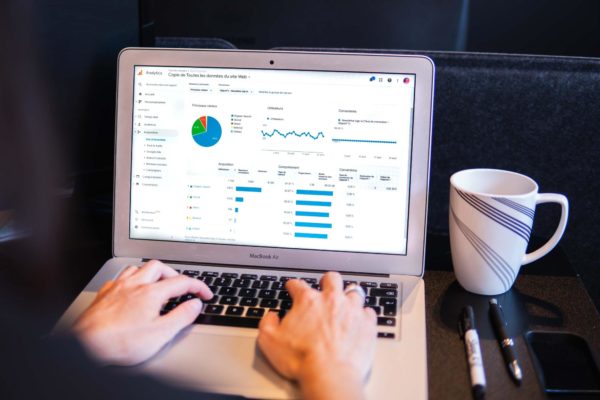The Politicization of the Supreme Court
October 10, 2020
Over the years, many laws, proceedings, and precedents have been established that change the powers and role of the Supreme Court significantly from its initial establishment 250 years ago. Inevitably, politics has also made its way into the judicial branch of government, in the form of nominee selection. Various political shenanigans have been used in the past in order to delay or completely bypass the selection of a Supreme Court nominee. However, on both sides, shenanigans bring about shenanigans. Instead, the Supreme Court should return to the completely pristine non-political entity it once was.
One possibility to make this happen would be utilizing the process of judicial impeachment. Under the Constitution, Congress is given the power to impeach and remove any federal judge. However, this provision has rarely been used, and Congress will likely be unwilling to break the precedent set by the only case of Supreme Court impeachment in the trial of Samuel Chase, where he was acquitted.
Through intensely bureaucratic paperwork, the Senate now only needs a simple majority in order to confirm a Supreme Court judge. This nuclear option was first used in 2013 by Democratic Senators in order to eliminate the 60-vote majority rule on executive branch nominees and federal judge appointments. In the coming years, Republican Senators used this option in 2017 to confirm the appointment of Neil Gorsuch. The change within the system inevitably means that the ruling majority has an easier time appointing Supreme Court justices.
I would argue that the US government should return to the 60-vote majority rule for appointing Supreme Court justices. The increasing use of political maneuvers to gain power in the government will only lead to an escalation in political mischief. Using a simple majority rule means that half of the Senate could disapprove of the nominee, and the nomination would still move forward.
In addition, since each party’s priority is increasing their own power in the government, the simple majority rule allows opportunistic power plays when a certain party has the majority.
As for the current situation with the vacant seat due to the recent death of Justice Ruth Bader Ginsburg, the Senate should move forward with the nomination process, which in this case would benefit Republicans. But it should also re-establish the precedent of 60-vote majority rule so that the process will no longer be dictated by a current majority.
If the Supreme Court becomes increasingly political, many disagreeable outcomes may be possible. For example, the President has the ability to appoint recess officials if Congress is in recess. However, Congress can utilize the pro-forma session, which is when Congress members “meet” every three days, the recess minimum. This means that the Congress members are essentially on recess, but the President does not have the powers of recess appointments.
Still, political mischief only escalates. The president has the ability to call upon the Senate from “recess” and force them into recess during times of crisis such as a war or a pandemic. This means that the President could have unlimited recess appointments in order to further their agenda.
The age-old method of court-packing is still a possibility as well. Since the Constitution technically does not state how many justices are on the Supreme Court, it is feasible for the number of justices to be increased in order to create a favorable majority. This was most notably attempted by President Franklin D. Roosevelt during the Great Depression. However, this method would likely face extreme opposition, making it very unlikely.
But the increasing escalation of political mischief in the government may prove otherwise. Likely, the Supreme Court itself will make the decision if the situation ever reaches a boiling point. Therefore, the current political leaders should set a precedent and return to the basic words of the Constitution without the dishonest bureaucratic loopholes currently used.












